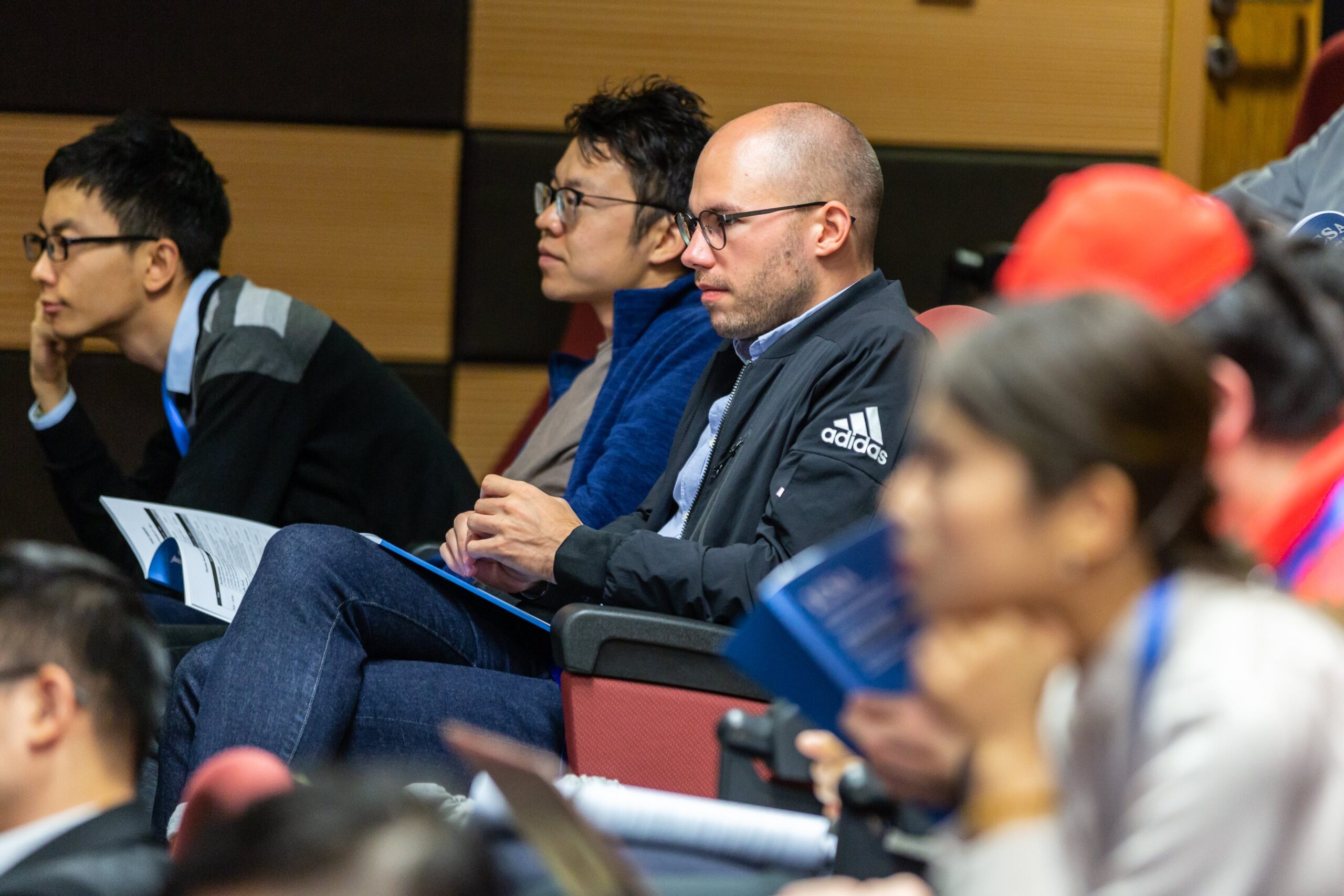Mastering the Art of Effective Notes and Summaries in Lectures
Table of Contents

Very often lectures are monotonous or professors speak indecipherable, so it is impossible to perfectly outline every lecture, especially if it is related to a lecture on biology, criminal law or chemistry. Consequently, an improperly outlined lecture can serve as a poor quality homework assignment in this subject. The solution is to request online chemistry homework help or other subject help from AssignmentBro professionals, so that you don’t have to worry about your assignment. Our writers will do a great job with your order and teachers will give you a good grade for it.
Taking effective notes and summaries during lectures is a skill that can greatly enhance your learning experience and improve your academic performance. By capturing essential information and condensing it into concise summaries, you can better understand and retain the material. In this article, we will explore strategies to help you master the art of effective note-taking and summarizing in lectures. Here are some tips to help you improve your note-taking skills:
Preparation
Before attending a lecture, it’s important to come prepared. Review any pre-reading materials or notes from previous lectures related to the topic at hand. This will give you a solid foundation and make it easier to follow along during the lecture. Additionally, make sure you have the necessary tools for note-taking, whether it’s pen and paper or electronic devices.
Note-taking Strategies
To make the most of your note-taking, develop a structured format that works for you. Consider using headings, subheadings, numbering, or bullet points to organize your notes. This will provide a clear hierarchy and make it easier to review and find specific details later on. Furthermore, focus on capturing key points and main ideas rather than attempting to transcribe every word. Actively listen during the lecture and identify the most important information to note down.
Developing Abbreviations and Symbols
Speed is often of the essence when taking notes, especially in fast-paced lectures. Develop a system of abbreviations and symbols to save time and make your notes more concise. For example, use arrows to indicate cause and effect relationships and underline or highlight key concepts. Find shorthand techniques that work for you and practice using them consistently.
Active Listening and Engagement
Taking good notes goes hand in hand with active listening and engagement. Stay fully present and focused during the lecture, minimizing distractions. Be attentive to the speaker’s tone, emphasis, and gestures, as they can provide clues to important information. If something is unclear or you need further clarification, don’t hesitate to ask questions. Active participation in the lecture will deepen your understanding and improve the quality of your notes.
Review and Editing
After the lecture, dedicate time to review and edit your notes. Fill in any gaps you may have missed during the lecture and add relevant details, explanations, or examples. This step is crucial for reinforcing your understanding of the material while it is still fresh in your mind. Consider rewriting or typing up your notes in a neat and organized format, which will make them easier to revise and study from later on.
Summarizing
Summarizing is a highly effective way to distill the main ideas and concepts of a lecture into concise and manageable summaries. Use your own words to explain the information, ensuring that you truly understand it. Summarize each topic or concept separately, focusing on the most important points. Remember that summarizing is not about copying everything verbatim, but about capturing the essence of the information in a succinct manner.
While traditional methods have merit, consider augmenting your approach with AI-powered tools like ScreenApp‘s video and audio note-taker. This software goes beyond simple audio transcription. It automatically identifies key points, highlights crucial moments with timestamps, and even generates summaries. This allows you to actively listen, analyze concepts, and ask questions, while the AI captures the lecture’s essence. Think of it as a digital assistant, diligently recording important information so you can focus on deeper understanding.
Supplementing with Visuals
Incorporating visual aids into your notes can help enhance your understanding and retention of the material. Use diagrams, graphs, and drawings to illustrate complex concepts or relationships. Visuals can often convey information more effectively than words alone, enabling you to grasp and review the content more easily.
Regular Review
Establishing a regular review routine is vital for retaining the information and identifying areas that require further attention or clarification. Make it a habit to review your notes regularly, whether it’s on a daily or weekly basis or before exams. This will help reinforce your understanding and ensure that the information stays fresh in your mind.
Bonus Tips of Effective Notes and Summaries in Lectures:
- Experiment with different note-taking methods: Find what works best for you, be it the Cornell Method, mind mapping, or outlining.
- Seek clarification: Don’t hesitate to ask the professor questions during or after the lecture to clarify any doubts.
- Collaborate with classmates: Discussing lecture content with peers can solidify understanding and identify areas needing further study.
- Use technology: Leverage digital note-taking apps, flashcards, and online study tools to enhance your learning experience.
Taking effective notes and summaries during lectures is a skill that can greatly benefit your academic journey. By preparing, developing note-taking strategies, actively listening, reviewing and summarizing, supplementing with visuals, and engaging in regular review, you can master the art of effective note-taking. Remember to tailor these strategies to suit your own learning style and preferences. With practice and consistency, your note-taking and summarizing skills will greatly enhance your understanding, facilitate your learning, and contribute to your academic success.
Remember, effective note-taking is not just about capturing information but understanding and synthesizing it. Tailor your note-taking approach to your own learning style and preferences, and don’t be afraid to experiment with different methods until you find what works best for you.


 Log In
Log In